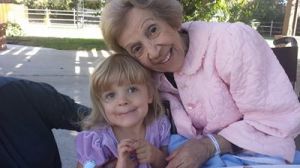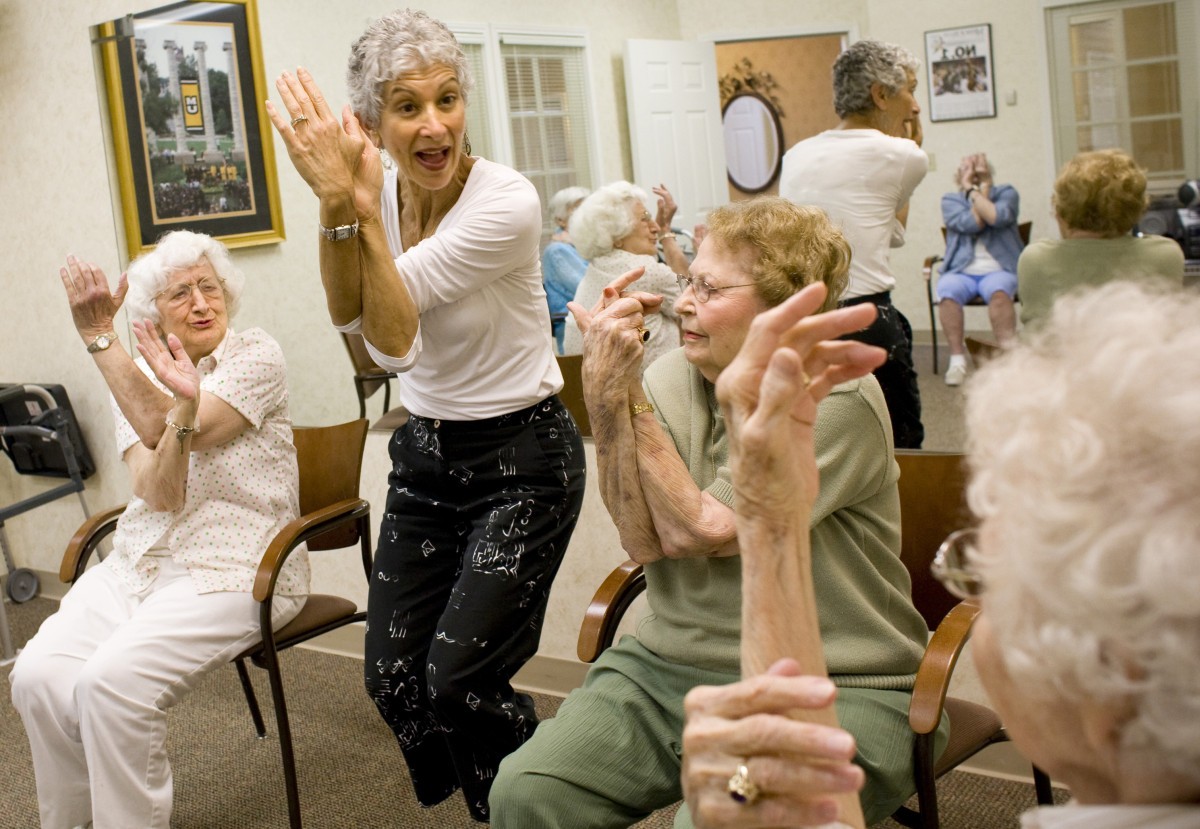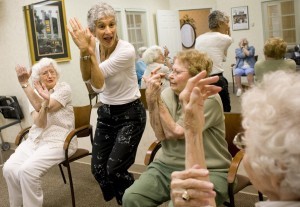Data collected by the National Safety Council (NSC) recently revealed that the incidence of serious falls among adults aged 65 and older has risen 112 percent since 1999. This is worrisome news for caregivers and patients alike. Trips and slips can be frequent occurrences for children and younger adults, but for our elders, these accidents and falls can also prove to be life-threatening.
Why the Dramatic Increase in Falls?
Our country’s older population is rapidly growing as Baby Boomers reach their golden years. Not only are there more seniors prone to falls, but Amy Heinzen, MPH, CPSTI, Program Manager for the NSC, points out that a 1999 change in the coding system used to classify cause of death has resulted in increased accuracy and quality of data on the subject.
A 2013 study sought to explain the obvious rise in fatal falls and found that the most significant increase in these incidents has been in a certain category called “other falls on same level” (which refers to an instance when an individual falls on the same surface he or she is standing or walking on). According to Heinzen, such falls do not typically result in injuries that are immediately life-threatening, but death can occur weeks or months later due to complications from these accidents.
However, there’s no need to panic. As in most cases, knowledge is power, and the National Safety Council has compiled a list of tips for caregivers to help prevent their loved ones from falling. Closely monitoring the environment to be aware of certain hazards can ensure a loved one’s safety and security when going about their everyday tasks at home, as well as during outings.
 |
The “Get Help if you Fall” Medical Alert System Finally, peace of mind with Medical Guardian. Don’t wait for an emergency, Call today operators available 24/7. Click here to learn more. |
Simple Tips for Keeping Your Loved One on Their Feet
Creating a safe and easily navigable environment at home is paramount to keeping your loved one from having accidents. Careful organization and attentive house-keeping practices are two ways of ridding your home of hazards that may cause falls. The NSC recommends keeping stairs and commonly traveled routes clear of any obstacles, storing frequently used items in accessible locations, cleaning up spills immediately, and arranging furniture in an easily negotiable way.
Be sure to keep household lighting adequate as well, especially along stairways and at night. Motion-sensing nightlights can be a simple, low-cost addition that allows your loved one to fetch a glass of water or visit the bathroom at night, without the hassle of finding light switches in the dark.
Depending on your loved one’s level of mobility, grab bars in bathrooms, non-slip mats, additional handrails, and shoes with non-slip soles may be useful investments. Heinzen adds that a walking aid can be helpful for some individuals. “Whether it is a change in elevation, walking surface or inclement weather, canes or walkers can provide increased stability and is a way for individuals to be proactive in preventing slips, trips and falls,” she says.
If at all possible, increasing your loved one’s mobility can greatly reduce their risk of injury due to a fall. Heinzen suggests activities such as yoga and pilates that focus on core strength and enhance balance and coordination. The mental and physical benefits of an exercise regimen are also not to be ignored. Not only will these exercises help your elder avoid falls, but they may also enable him or her to engage in other stimulating activities and become more self-reliant.
 Medications can play a significant role in avoiding falls. Some medicines are wholly necessary, but can make patients dizzy, drowsy, and light-headed, putting them at serious risk for falling if they are unsupervised or proper precautions are not taken. Heinzen advises discussing this problem with your loved one’s physician. “See if medications can be adjusted or substituted with others that may not affect them so strongly, or find out if a medication should be taken with food (or any other recommendations) to help combat these side-effects,” she says. As in most scenarios, effective communication with your loved one’s doctor is of utmost importance. If no other options are available, Heinzen urges carefully scheduling activities during times when the negative effects of the medications are not as strong.
Medications can play a significant role in avoiding falls. Some medicines are wholly necessary, but can make patients dizzy, drowsy, and light-headed, putting them at serious risk for falling if they are unsupervised or proper precautions are not taken. Heinzen advises discussing this problem with your loved one’s physician. “See if medications can be adjusted or substituted with others that may not affect them so strongly, or find out if a medication should be taken with food (or any other recommendations) to help combat these side-effects,” she says. As in most scenarios, effective communication with your loved one’s doctor is of utmost importance. If no other options are available, Heinzen urges carefully scheduling activities during times when the negative effects of the medications are not as strong.
There are a number of ways to prevent your loved one from having an accident that could potentially endanger their mobility and quality of life. “It is important to find ways to help older adults lead active and independent lives,” Heinzen says. Taking just a few simple steps like the ones mentioned above can make all the difference.
(Thank you AgingCare.com)
By Ashley Huntsberry-Lett, July 10, 2014


